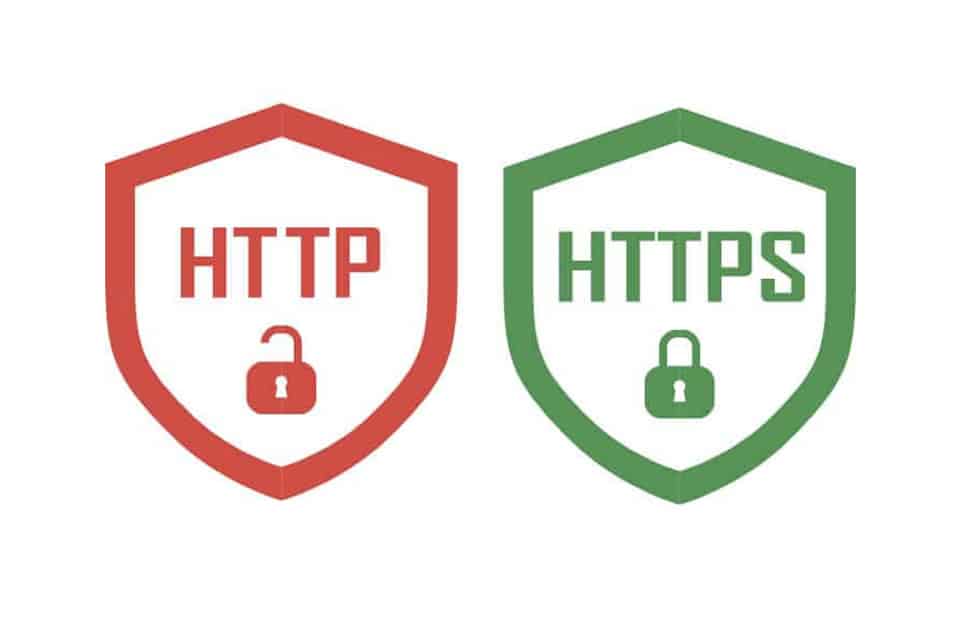Securing your site with SSL
Over the last few years there has been a push to move websites from the standard HTTP protocol to the secure HTTPS protocol. Put simply this means getting an SSL (Secure Sockets Layer) Certificate for your website and adding authentication and security to your website. This means that user personal data is secured when browsing your website and adding personal data to online forms.
In the past it was expected that all e-commerce websites which store or process sensitive personal and credit card data have an SSL certificate but over the past few years there has been a concerted push from Google in particular for the entire web to be secured with SSL.
The benefits of using an SSL certificate on your website
SSL encrypts the data sent through your website
This is the main reason for using SSL. If your website accepts any type of user input, whether it be a simple contact form or a full blown e-commerce shop then an SSL certificate ensures that the data entered can’t be intercepted by hackers or any other malicious evil doers. SSL encrypts any data that is transmitted by a website rendering it unreadable and inaccessible to any one trying to intercept it.
Increase visitor trust
The visual cue that a site has an SSL certificate is the green padlock to the left of the domain name in the address bar of your browser. If a site doesn’t have an SSL certificate then the Google Chrome browser can display a not secure message, although this is only on pages containing forms:
When a user sees the green padlock they know that they can trust the site and can safely enter personal details. Increased visitor trust has the knock on effect of also increasing user loyalty and repeat sales.
Improved Google rank
Google has stated that websites using SSL will benefit from an improved search ranking. As this push towards securing the web by Google is relatively new it’s tricky to quantify the exact SEO benefit of using SSL so stay posted for an update about that. It is safe to say that there is definitely no negative SEO impact of using SSL.
Secure online payments
PCI compliance requires that any website processing payments has to have an SSL certificate in place. If a site processes payments and doesn’t have an SSL then it will be denied PCI compliance. Many e-commerce sites can bypass this as they process user payments with external payment gateways such as PayPal, WorldPay and Sage Pay where the user is taken to the external payment gateways secure website to complete payment.
Adding SSL to your site
Adding SSL to your site is different for each host, all shared hosting providers will offer some type of SSL certificate which range in price depending on your requirements. These range in price from £50 to £100 per year and can normally be installed with a few muse clicks. If you have a dedicated server using Cpanel software then it’s possible that your website could get a free SSL via Cpanel itself or Let’s Encrypt.





